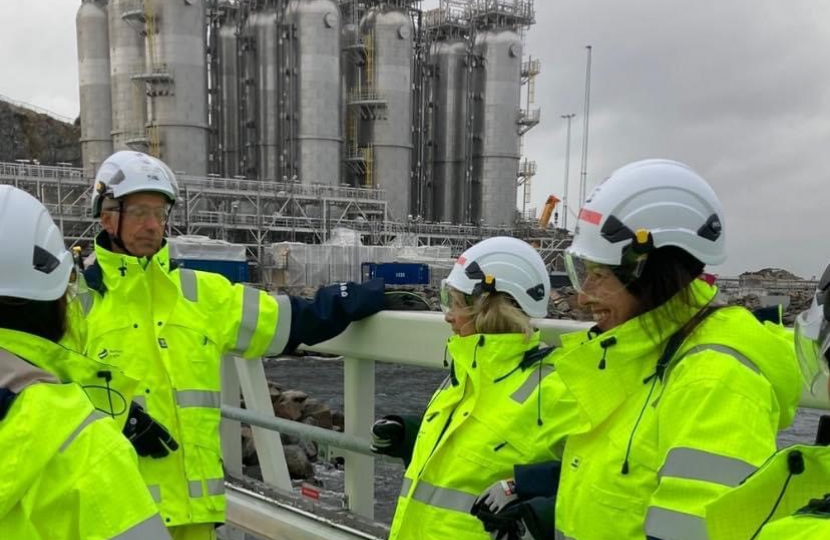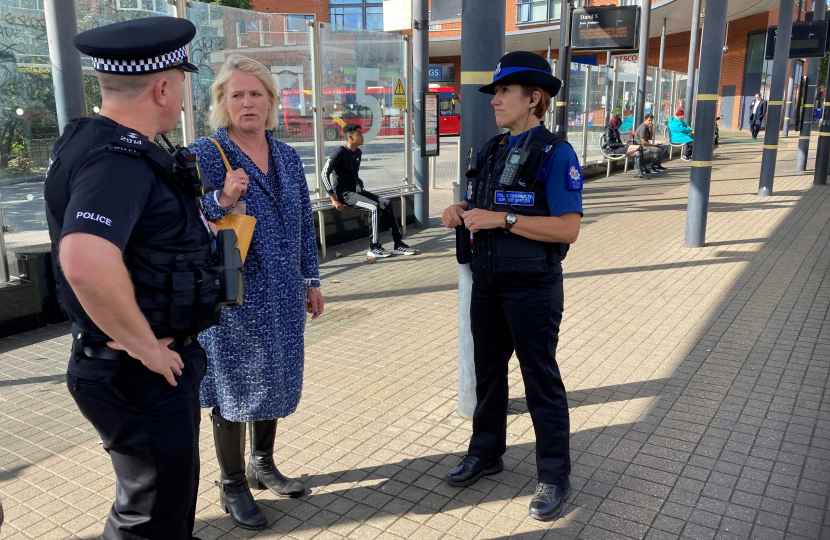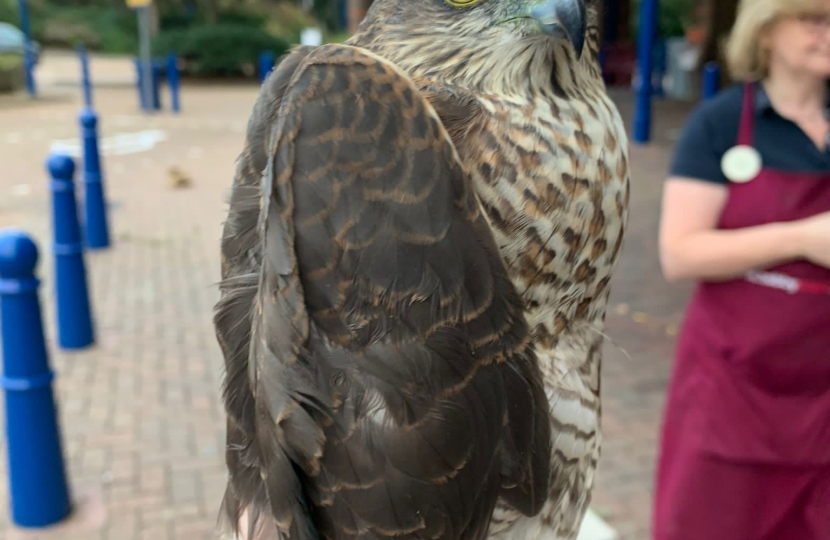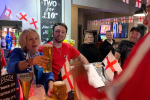Parliament is in recess for the party conference season and every MP uses this time in different ways. As well as attending my own conference and being around Chelmsford, I am taking the chance to also do some overseas visits. This can be an opportunity to learn from other countries and see how they are tackling common challenges.
I have recently been chosen by MPs to be one of the 11 members of the news House of Commons Energy Security and Net Zero select committee. This committee scrutinises the work of government, regulators and businesses. It can make important recommendations for changes, call for actions to be taken and help influence policy. I had been invited to join and energy field trip to Norway, a country that has many similarities to the UK. I jumped at the chance.
We travelled to the far north of Norway to see the Longship and Northern Lights Carbon Capture and Storage Project. I have been reading about CCS for over a decade so it was really exciting to see the theory turned into reality. Norway has been storing carbon captured from refining oil and gas back for many years. The Longship project takes this a step further and will capture CO2 from carbon intensive industries like cement manufacture. The gas will be cooled and pressurised into liquid format and transported to initial storage tanks on the coast before being pumped slowly into long term storage aquifers deep under the North Sea. Due to our geography, the UK is one of the few countries that can also take advantage of this type of storage. The UK government is currently working on four projects, which will bring jobs and trade opportunities for Britain.
Also in Northern Norway, we visited the country’s largest hydroelectric power plant. Water from lakes high up in the mountains hits massive water wheels at over 500km per hour to generate electricity. Nearly all the electricity in Norway comes from hydro power. In recent years Norwegians have led the world in switching to electric vehicles and today virtually all cars in Norway are electric powered. It was interesting to learn how local communities receive benefits from having hydro power stations in their local area. This model may prove useful for the UK for future renewable power projects.
In Oslo, we met MPs involved in energy policy. They are interested in developing more offshore wind, an area where the UK has been a world leader. They, like the UK, continue to take oil and gas from the North Sea. As the world transitions towards Net Zero, oil and gas will continue to be used for many years. For the UK and many European countries, using gas from the North Sea is far less carbon intensive than importing it from further afield as well as being a politically secure supply.
Back in Chelmsford, I spent a day out on patrol with our local police in the city centre. There had been a slight uptick in crime and anti-social behaviour towards the end of the summer. It is extremely important that this is stopped, so following requests from local residents and businesses I had asked the police for more intensive and visible local patrols.
This has been extremely successful. A number of arrests have been made, for a variety of different offences from theft and shoplifting to assault and drug dealing. On the day I was out with the police they were also doing joint operation with British Transport Police. This resulted in three people being arrested for drug dealing. Thank you to all the members of the public who continue to report incidents, this really helps the police to build evidence and it also helps me make the case for more resources. I am publishing a weekly summary of what actions the police have taken locally so if you want to know more please do follow my Facebook page.
Lastly, a happy story to end the week. You may have heard that a wild hawk spent three days stuck among the rafters of the Hobbycraft shop in Chelmer Village. The RSPCA and others had tried to entice it down, with no success. Thanks to the actions of local resident, David Wilkinson, the sparrowhawk was captured and released back into the wild on Saturday evening. David is a trained and expert bird ringer. He formerly worked for the RSPB but now happens to be my fabulous local assistant.
Before releasing the bird, David placed a numbered “ring” around the bird’s leg. Ringing birds is vital to help monitor different species and is vital for their conservation. Every Saturday morning, winter and summer, David is up before dawn to join other volunteers who are passionate about protecting birds. He is an inspiration.




